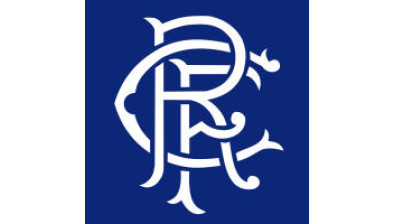Simon Rothenberg: HMRC insolvency cash grab could further stifle UK businesses

Simon Rothenberg
UK businesses suffering from the effects of COVID-19 could be stifled further when HMRC becomes a major creditor when firms go bust, according to Simon Rothenberg, a manager at tax and advisory firm Blick Rothenberg.
In a move that they hope will generate £185 million, HMRC will regain its status as a preferred creditor in insolvent liquidations, from 1 December, a status it lost in 2002.
But the cost to UK businesses could be far greater. The move could stifle UK business and ultimately lead to reduced growth, reduced tax revenues and lack of job creation.
This change will reduce returns on liquidation to unsecured creditors and to lenders with only a floating charge. This greatly increases the risk associated with such lending, the consequence will be an increase in returns demanded by the lender and reduced lending. Reducing access to finance for the UK Business market and increasing costs of borrowing. This at a time when UK business needs maximum support to increase activity following coronavirus.
Suppliers to businesses in difficulty will now be additionally wary, faced with the prospect of receiving less should the business fail, meaning they may choose to not supply the goods at all or demand payment in advance. This could severely limit the ability of businesses to trade themselves out of difficulty particularly when many have exhausted their reserves during the lockdown period.
Since 2002, HMRC have been at the bottom of the creditors list along with the rest of the unsecured creditors with the banks in poll position. Now they will be right behind the primary lenders who have the ability to call in their loans first. However, as HMRC are often owed significant sums, this may wipe out all returns for the unsecured creditors.”
During a liquidation, proceeds are repaid to creditors based on a hierarchy of preference. HMRC have previously been classed as an unsecured creditor alongside other suppliers to the businesses in liquidation but will now rank ahead of them and ahead of creditors with a floating charge.
HMRC’s preference applies only to VAT, PAYE and NI debts and not corporation tax but it is likely in an insolvency situation these debts will be large. With many businesses having deferred tax liabilities during coronavirus these debts are likely to be substantially higher than normal for many businesses.”
Any restriction of finance will lead to business growth being diminished, which in turn could lead to a rise in the number of insolvencies, more redundancies and ultimately increased costs to the government and lost funds for HMRC.







